The journey from a script to a blockbuster movie is a fascinating and complex process that involves the collaboration of hundreds, sometimes thousands, of creative minds and skilled professionals. Each step in this journey is crucial in shaping the final product that audiences around the world come to see and love. This article checks out the behind-the-scenes magic that transforms a written story into a cinematic masterpiece, highlighting eight key stages in the making of a blockbuster movie.
Scriptwriting and Development
The genesis of any blockbuster movie lies in its script. Scriptwriting is an art form where writers craft compelling narratives, memorable characters, and engaging dialogues. This stage often involves extensive research, brainstorming, and multiple revisions. Once the script is finalized, it enters the development phase, where producers assess its potential, secure funding, and begin assembling a team. This early stage sets the foundation for everything that follows, requiring a delicate balance between creativity and practicality to ensure the story's viability on screen.
Casting
Casting is a critical process where directors and casting directors select actors who best fit the characters in the script. This involves auditions, screen tests, and sometimes chemistry tests between actors to ensure they can convincingly portray relationships on screen. The casting decisions can significantly influence a film's appeal and marketing, with well-known actors often attracting larger audiences. However, finding the right balance between talent, suitability for the role, and star power is essential for the film's success.
Location Scouting and Set Design
Once the cast is in place, the production team scouts locations and designs sets that bring the film's world to life. Location scouts travel extensively to find settings that match the script's requirements, while set designers and builders create intricate environments that may not exist in real life. This stage is crucial for establishing the visual tone of the movie and can involve everything from transforming existing locations to building elaborate sets from scratch, all while keeping logistical and budgetary constraints in mind.
Costume and Makeup
Costumes and makeup play a pivotal role in defining characters and setting the period or fantasy element of the movie. Costume designers research and create outfits that reflect the characters' personalities and backgrounds, while makeup artists work on looks that complement the costumes and enhance the actors' features for their roles. This stage requires a deep understanding of fashion, history, and character psychology, as well as the ability to work under tight schedules and budgets.
Filming
The filming stage is where the director's vision starts to come alive. It involves coordinating actors, crew members, and equipment to capture the scenes outlined in the script. This phase can last several months and takes place in various locations, often involving long hours and complex logistics. Directors work closely with cinematographers to achieve the desired visual style, while actors bring their characters to life in front of the camera. Filming is a dynamic and demanding process, requiring adaptability and precise execution from everyone involved.
Special Effects and Visual Effects
In today's blockbuster movies, special effects (SFX) and visual effects (VFX) are essential for creating fantastical elements and enhancing realism. SFX are achieved on set through practical means like explosions or makeup, while VFX are added in post-production, using computer-generated imagery (CGI) to create impossible scenes or characters. This stage requires a seamless blend of creativity and technology, with teams of artists and technicians working together to push the boundaries of what's possible on screen.
Editing and Post-Production
Post-production is where the movie truly comes together. Editors cut and assemble the filmed footage, working closely with the director to shape the narrative flow and pacing. Sound designers add audio elements, composers create the score, and colorists adjust the film's look to achieve the final aesthetic. This meticulous process can take longer than the actual filming, as it involves refining every detail to enhance the storytelling and emotional impact of the movie.
Marketing and Distribution
No blockbuster movie can succeed without an effective marketing and distribution strategy. This final stage involves creating trailers, posters, and promotional materials to generate buzz and anticipation. Distribution deals determine how and where the movie will be shown, including theaters, streaming platforms, and international markets. A successful campaign can significantly impact a film's opening weekend and overall box office performance, making marketing and distribution critical components in the making of a blockbuster movie.
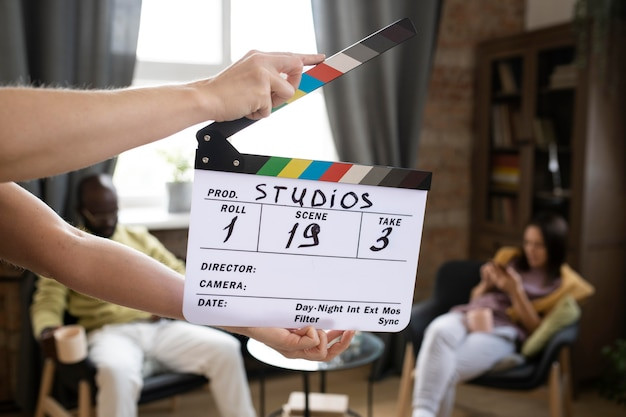


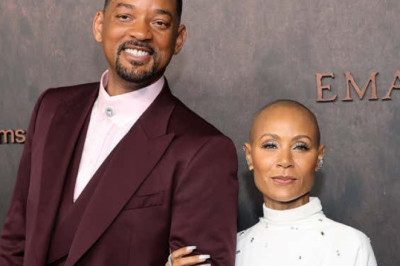
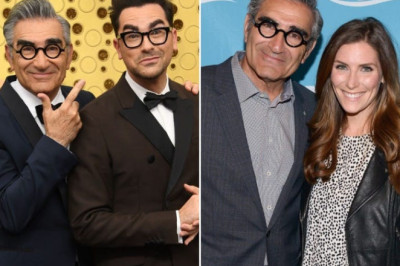
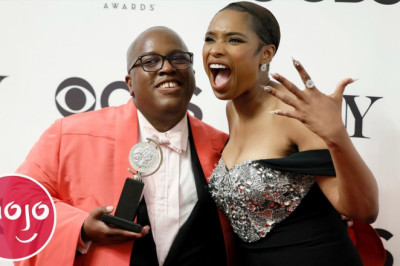
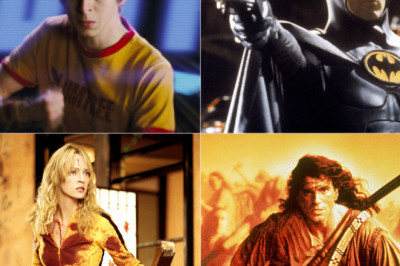
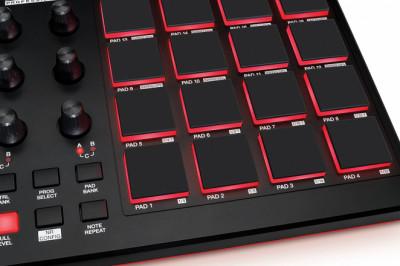
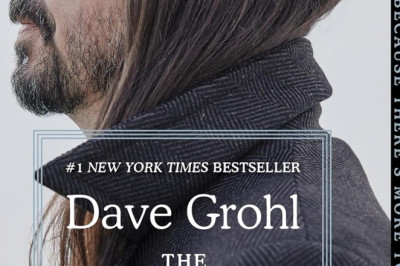


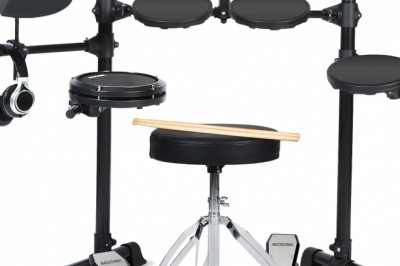


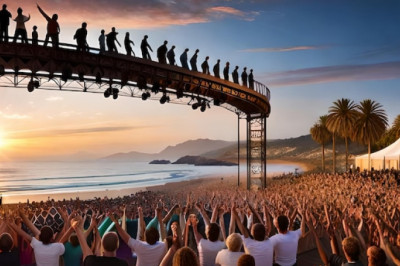
Comments
0 comment